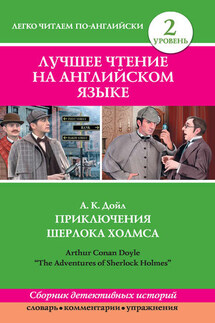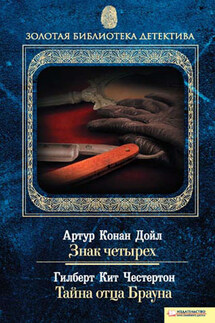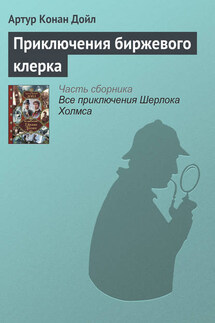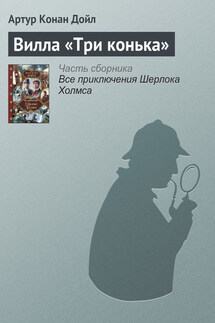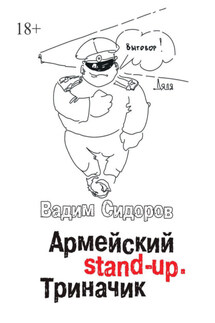On glancing over my notes of the cases in which I have studied the methods of my friend Sherlock Holmes, I find many tragic, some comic, a large number strange, but no commonplace cases. He worked rather for the love of his art than for money and he refused to associate himself with any investigation which did not have anything unusual and even fantastic in it. Of all these cases, however, I cannot recall any which was more unusual than that which was associated with the well-known family of the Roylotts of Stoke Moran[1]. The events occurred in the early days of my association with Holmes, when we were sharing rooms in Baker Street.
It was early in April in the year 1883 that I woke one morning to find Sherlock Holmes standing, fully dressed, by the side of my bed. He was a late riser[2], as a rule, and as the clock showed me that it was only a quarter-past seven, I looked up at him in some surprise.
“Very sorry to wake you up, Watson,” said he, “but Mrs. Hudson has been woken up, and she woke me up.”
“What is it, then – a fire?”
“No, a client. A young lady has arrived. She is waiting now in the sitting-room. When young ladies call on you at this hour of the morning, I think that it is something very pressing. If it is an interesting case, I am sure, you would like to follow it from the beginning.”
“My dear fellow, I shall be ready in a minute.”
I put on my clothes and was ready in a few minutes to accompany my friend down to the sitting-room. A lady dressed in black rose as we entered.
“Good-morning, madam,” said Holmes. “My name is Sherlock Holmes. This is my friend and associate, Dr. Watson, before whom you can speak as freely as before myself. I am glad to see that Mrs. Hudson has lighted the fire. Please sit near it, and I shall ask a cup of hot coffee for you, for I see that you are shivering.”
“It is not cold which makes me shiver[3],” said the woman in a low voice.
“What, then?”
“It is fear, Mr. Holmes. It is terror.” She looked up as she spoke, and we could see her pale face with frightened eyes. She must be a woman of thirty[4], but her hair was turning gray.
“You must not fear,” said he. “We shall soon help you, I have no doubt. You have come to London by train this morning, I see.”
“You know me, then?”
“No, but I see your return ticket in your left glove. You must have started early[5], and you had a long drive in a dog-cart, along heavy roads, before you reached the station.”
The lady looked in bewilderment at my companion.
“There is no mystery, my dear madam,” said he, smiling. “The left arm of your jacket is covered with mud. The marks are perfectly fresh. Only a dog-cart throws up mud in that way.”
“You are perfectly correct,” said she. “I started from home before six, and came in by the first train to Waterloo[6]. Sir, I can stand this strain no longer[7]; I shall go mad if it continues. I have heard of you, Mr. Holmes; I have heard of you from Mrs. Farintosh, whom you helped. It was from her that I had your address. Oh, sir, do you not think that you could help me, too? At present I cannot reward you, but in a month or six weeks I shall be married and shall have my own income, and then you will not find me ungrateful.”
